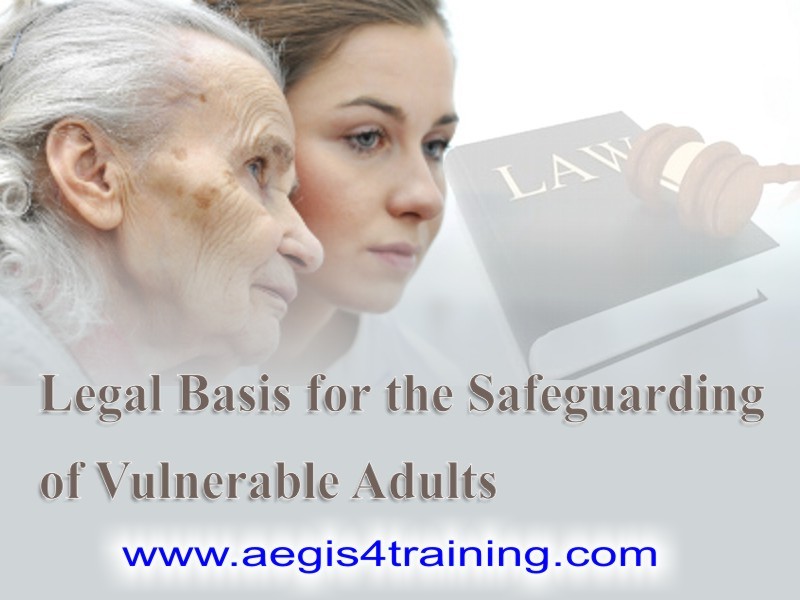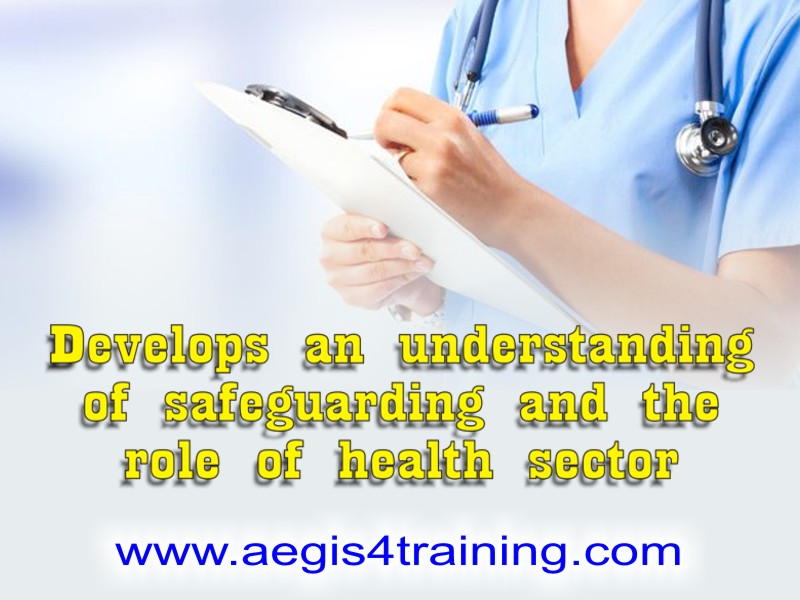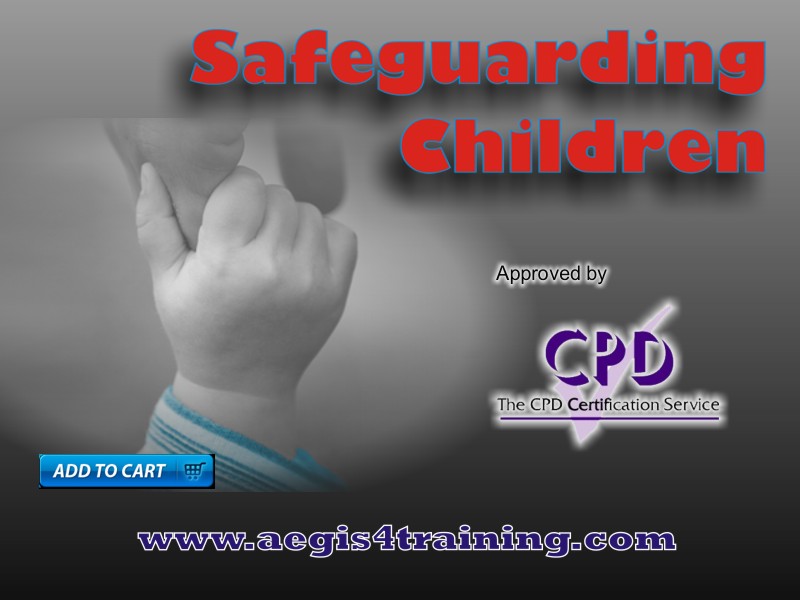Safeguarding of vulnerable adults must have a concise legal basis on some of the live issues in modern day Safeguarding. Â Anybody involved in safeguarding vulnerable adult will have a better idea as to the imminent legal changes to Safeguarding processes.
The Care Act 2014 is made, Safeguarding is no more a  policy based but enshrined in decree.  The definitions of ‘vulnerable adult’ and ‘significant harm’ set out in ‘No Secrets’ have been removed and we will set out how Care Act 2014 widens the scope for whom Safeguarding applies, with direct implications for those suffering from mental health problems.  A large number of those with mental health problems who are in need of care also self- neglect and so we will briefly look at how Safeguarding practices will now apply to this group.
Safeguarding leads will be made aware of the core principles that the Care Act will bring including the legislative power to pass on some but not all of the Local Authority’s safeguarding duties. How will this impact the care of adults with mental health problems?  How will safeguarding investigations take place and more importantly, how will the safeguarding responsibility be shared?  ‘Wellbeing’ is now a legal principle, how will this effect a safeguarding plan for those with mental health problems?  Safeguarding Adult Boards are now on a statutory footing, what powers do they now have?
An update to capacity issues and best interests’ assessments will be given with highlights of recent case law including the UF case. The Courts are leading the way on balancing asserted positive risk taking against the facts.
Restrictive Practices – The implementation of practices that limit an individual’s action and freedom to act independently without consequence.  How should adults be safeguarded from restrictive practices?  What constitutes unlawful restriction? We will aim to briefly set out what is considered best practice.
In a single year, one National Health Service Trust reported 38 incidents while another reported over 3,000 incidents. Â Is this evidence of endemic organisational abuse? Â What are the forms of control and restraint? Â When is it appropriate to use and when is it not? Â What are the civil and criminal repercussions of illegal control and restraint?
We shall look at the professional and legal duty to keep correct safeguarding documentation. Â Practitioners, advocates and those that have been delegated investigative powers will be required to produce reports.
Go to our Product page!







